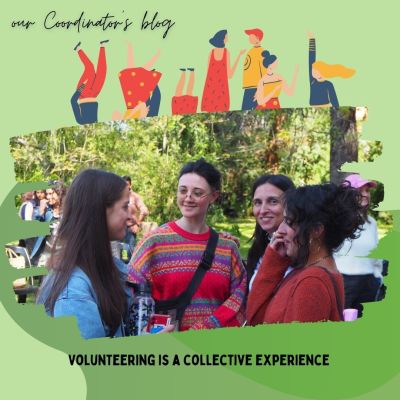Today we share some of Silvia's thoughts: she is the founder of one of the English institutes. Silvia is a person who always goes forward no matter what, with an optimistic vision, teamwork, and a lot of effort. Silvia highlighted the presence of the State as financial aid in times of pandemic and the positive impact it had to sustain families and their projects. At the same time, she spoke about the emergence of community micro-businesses facilitated by this economic aid as a way to face the reality in which we live.
"Regarding the families, although we have those who are in a dependent working relationship, many have had their hours shortened, there were no labor negotiations for the majority, but it was very much equated with the help of the government. All workers receive help from the government, so the reality I see in the families is that they have used the money to keep up with school, to start their own businesses in the houses, they have their small businesses, they buy clothes to resell. They are doing a good job fighting it, they told me: "We don't have a full-time job or labor negotiations, but we have government help," and it shows. I have a family, for example, he's a painter, she works in cleaning, and with the help of the government, the five of them were able to study: the father, the mother, and the three children. That's a positive thing because the government is present in the families, I'm talking about a sector of working people where there is a majority of independent workers."
She also talked about the work involved in the virtual world, how children adapt, and the new dynamic with parents.
"As for us, it's not the same as being present, we try to be positive and transmit it to the kids. Trying to set up a study place, the parents try to set up their space so they can study there. We keep trying to keep the routine as if they were in the classroom. Kids are more cybernetic and make jokes like they used to do in the presential class, but now they type it up, and we laugh. As for work, yes, we work three times more. It is not the same to be with the books in the classroom and with all the children there as to handle all the material by mail, but well. Whatsapp groups work as communications for parents and they are present all the time, they are part of the education process of the children, they are present, they hear them participate, they observe, it is something that some did not know, some are surprised and say they did not know that their kids knew so much or that they expressed themselves so well. We work three times more but when we see the results we are happy."





